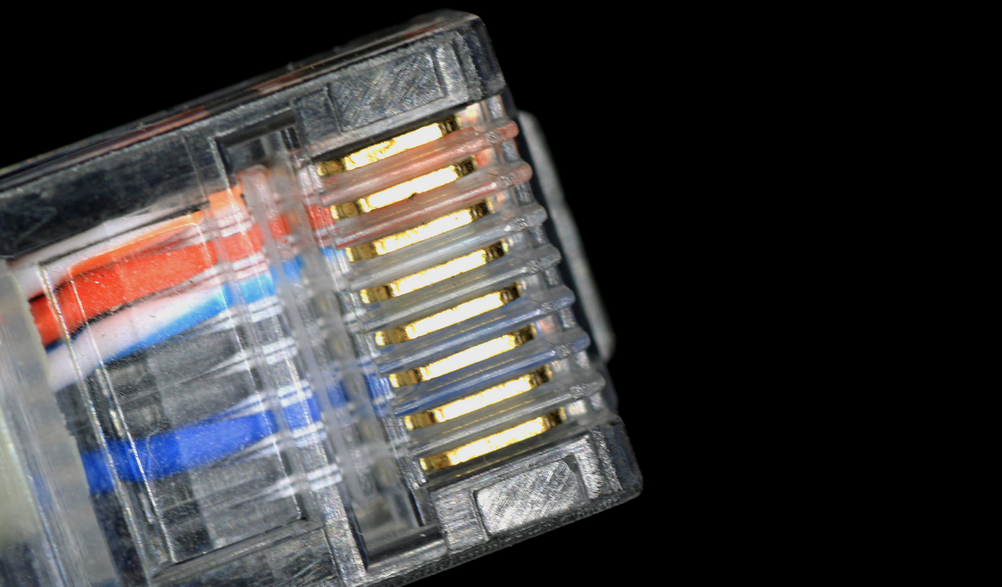FCC Reminds Internet Providers & Wireless Companies To Follow Transparency Rules… Or Else

(Allan)
In effect since 2011, the Transparency Rule applies to every company that provides broadband Internet in the U.S. — not just fixed broadband companies like Comcast, Time Warner Cable, and Verizon FiOS, but also mobile broadband providers like AT&T, T-Mobile, and Verizon Wireless.
According to the rule, these providers must “publicly disclose accurate information regarding the network management practices, performance, and commercial terms of its broadband Internet access services sufficient for consumers to make informed choices regarding use of such services and for content, application, service, and device providers to develop, market, and maintain Internet offerings.”
The two main tenets underlying the rule are that the disclosures are public and that they are accurate. What good is accurate info if no one can access it? And there’s no value — outside of marketing — for sharing bad data with the public.
And this isn’t just about a bunch of stuffy graphs surrounded by pages of densely written mouse print. According to the FCC, the rule applies to consumer-facing disclosures like:
• Service descriptions, including expected and actual broadband speed and latency.
• Pricing, including monthly prices, usage-based fees, and any other additional fees that consumers may be charged.
And the rule requires that these claims are consistent, whether it’s on the provider’s site, in a mailer, on a TV ad, or posted on the side of a crosstown bus.
So if a provider makes an inaccurate assertion about its service performance in an ad — the place a consumer is most likely to learn this info — the FCC says it could not defend itself against a Transparency Rule violation by having a more “accurate” official disclosure in some other public place, like its website.
If a provider is found to have violated the Transparency Rule, it may be subject to an enforcement action by the FCC, which could potentially include monetary penalties as set out in Section 503(b) of the Communications Act.
“Consumers deserve to get the broadband service they pay for,” says FCC Chair Tom Wheeler. “After today, no broadband provider can claim they didn’t know we were watching to see that they disclose accurate information about the services they provide. The FCC’s transparency rule requires that consumers get the information they need to make informed choices about the broadband services they purchase. We expect providers to be fully transparent about the details of their services, and we will hold them accountable if they fall down on this obligation to consumers.”
The FCC is currently considering revised, but controversial, net neutrality rules that it hopes will pass legal muster. Within that proposal are questions about strengthening transparency requirements.
And while many, including Consumerist, believe that the neutrality guidelines being considered right now are weaker than what was put into place by the 2010 rules, a rep for the Commission tells us that any new guidelines would not result in the softening of the Transparency Rule.
Want more consumer news? Visit our parent organization, Consumer Reports, for the latest on scams, recalls, and other consumer issues.

